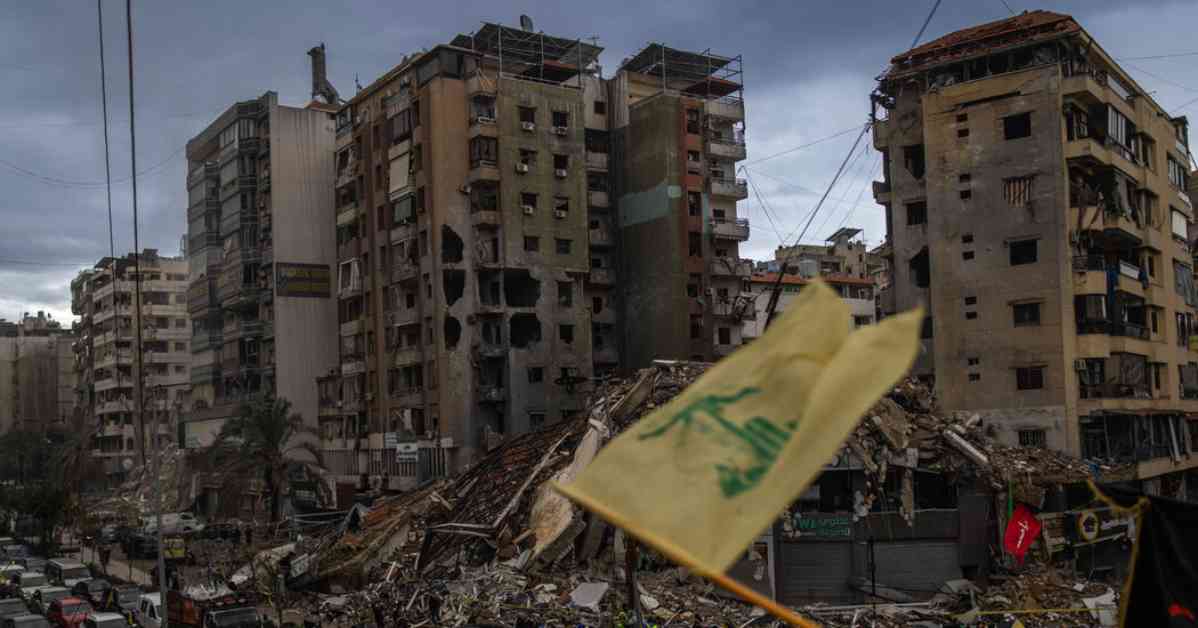Hezbollah, a powerful organization in Lebanon, has faced significant challenges after 13 months of war with Israel. The group, known for its claims of being able to defend Lebanon and its alliance with Iran-backed militias, has now agreed to a 60-day cease-fire with Israel.
The cease-fire, supported by the U.S., is seen as a necessary step to end the conflict and prevent further destruction. However, many view this agreement as a sign of Hezbollah’s weakened state after suffering losses during the war. Israeli attacks, including the assassination of senior leaders and widespread destruction of Hezbollah strongholds, have left the organization in disarray.
Hezbollah’s decision to unilaterally launch rockets at Israel, sparking the deadly conflict, has also isolated the group within Lebanon and the wider Middle East. The country now faces the daunting task of reconstruction, with many communities left devastated by the war.
Despite hopes from Hezbollah’s opponents that the war has weakened the organization’s grip on Lebanon’s political system, it remains to be seen whether other parties will be able to challenge its influence. The future of Lebanon’s political landscape hangs in the balance as Hezbollah navigates the aftermath of the conflict.
Overall, the cease-fire marks a pivotal moment for Hezbollah as it grapples with the consequences of the war and seeks to rebuild its strength and credibility in the eyes of the Lebanese people.

